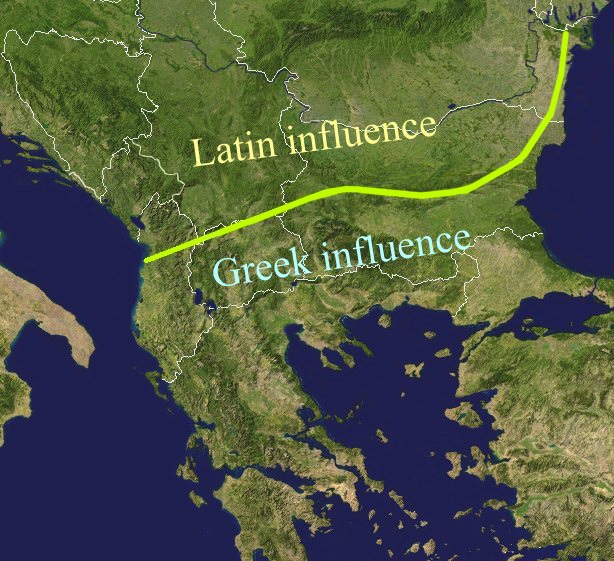Proto-Slavic - slava
Noun: sla̋va f (accent paradigm a) - glory, fame
From Proto-Indo-European root noun *ḱlēw-, from the root *ḱlew- (“to hear”

.
Cognate with Lithuanian šlovė̃ (“fame, honor”

(Samogitian šlóvė (“fame, honor”

) and Latvian slave (“fame, reputation, rumor”

.
Reconstruction: Balto-Slavic *ślōuʔ-
Indo-European Sanskrit śrávas- n. 'fame, honour'; Greek κλέος n. 'fame'; OIr. clú f. 'fame, rumour'
Related terms:
*sluti (“be called”

*slyšati (“to hear”

*slyti (“have a reputation”

*slušati (“to listen”

*sluxъ (“hearing; rumor”

*slovo (“word”




 .
. 








